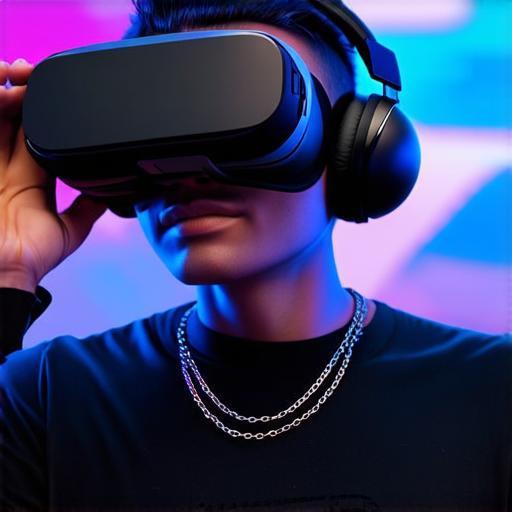
What is crucial for the success of virtual reality therapy?
Virtual reality (VR) therapy has gained significant attention in recent years due to its potential to provide effective treatment for a range of mental health conditions such as anxiety, depression, and PTSD.
The success of VR therapy is dependent on several factors that contribute to the overall effectiveness of this treatment approach. In this article, we will delve into some of these critical factors to understand why VR therapy can be an effective tool in improving patient outcomes.
Firstly, a comfortable and immersive experience is essential for successful VR therapy. The VR environment should simulate real-life scenarios in an engaging and interactive way, allowing patients to fully immerse themselves in the therapy process. This enhances patient engagement and improves treatment outcomes, as studies have shown.
Secondly, personalized therapy is another critical factor that contributes to the success of VR therapy. This involves creating a customized therapy plan tailored to the specific needs and goals of each patient. VR therapy offers an opportunity for this type of personalized treatment, allowing therapists to create unique scenarios and environments that address the underlying causes of mental health conditions.
Research has shown that personalized therapy can be more effective in treating anxiety and depression than traditional therapy methods.
Thirdly, expert guidance and support from trained therapists are essential for successful VR therapy. Therapists should be knowledgeable about VR technology and its application in therapy, able to create a safe and supportive environment for patients, monitor their progress, and adjust the therapy plan as needed.
Studies have shown that therapist guidance can improve treatment outcomes and increase patient satisfaction with VR therapy.
Fourthly, evidence-based practice is another key factor in the success of VR therapy. This means that VR therapy should be based on scientific research that has demonstrated its effectiveness in treating specific mental health conditions.
Research studies are necessary to evaluate the effectiveness of VR therapy and its impact on patient outcomes. Studies have shown that VR therapy can be as effective as traditional therapy methods for treating anxiety and depression.

Lastly, VR therapy must be cost-effective and accessible to a wide range of patients, including those who may not have access to traditional therapy methods. By being cost-effective, VR therapy can reach more patients and make mental health treatment more affordable.
Studies have shown that VR therapy can reduce healthcare costs associated with treating mental health conditions.
In conclusion, the success of VR therapy is dependent on several factors, including comfortable and immersive experiences, personalized therapy, expert guidance and support, evidence-based practice, and cost-effectiveness and accessibility. By addressing these factors, VR therapy can be an effective tool for treating mental health conditions and improving patient outcomes.
As VR technology continues to evolve, it’s important for therapists and researchers to stay up-to-date with the latest advancements and developments in the field of VR therapy. With continued research and innovation, VR therapy has the potential to revolutionize the way we approach mental health treatment.


